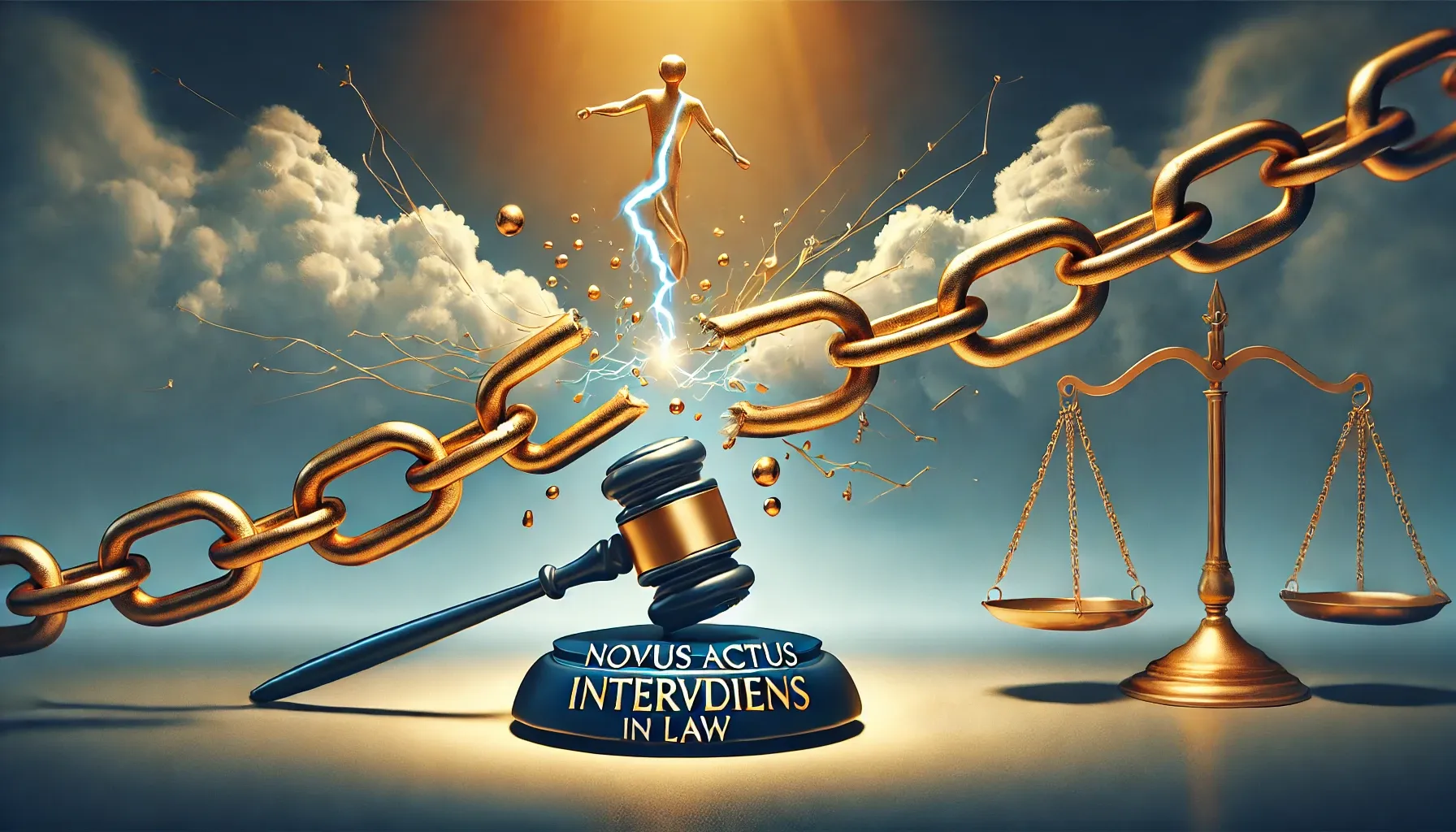
glossary
Legal Maxim: Novus Actus Interveniens
Novus Actus Interveniens is a legal doctrine that breaks the chain of causation, relieving a defendant of liability when an unforeseeable, independent act intervenes between their action and the resulting harm.

glossary
Legal Maxim: Novus Actus Interveniens
Novus Actus Interveniens is a legal doctrine that breaks the chain of causation, relieving a defendant of liability when an unforeseeable, independent act intervenes between their action and the resulting harm.

glossary
Legal Maxim: De minimis non curat lex
“De minimis non curat lex,” a Latin maxim meaning “The law does not concern itself with trifles,” signifies that courts should not waste time on minor, insignificant matters. Originating from Roman law, this principle is reflected in Section 95 of the Indian Penal Code, which prevents penalizing tri
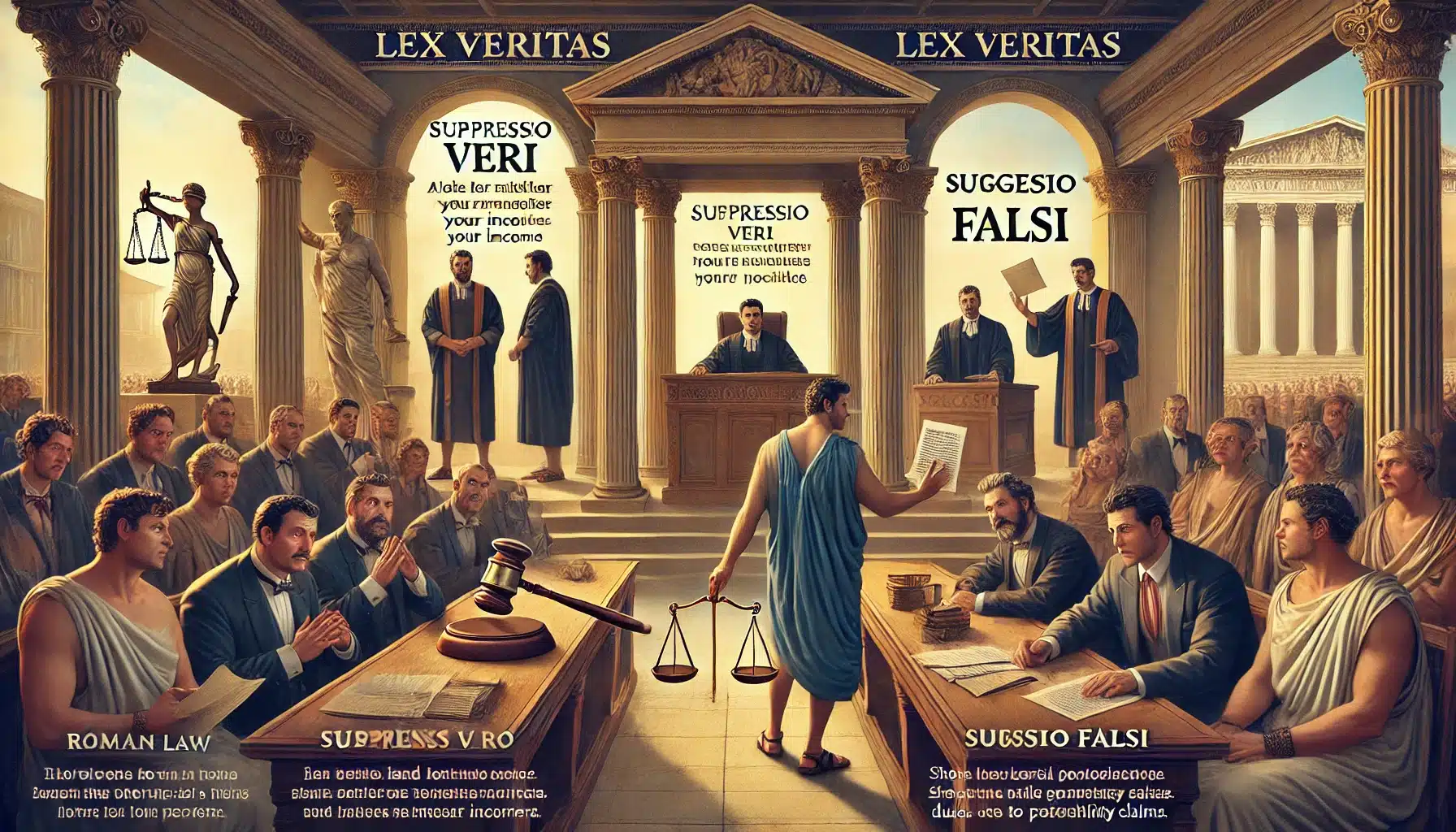
glossary
Legal Maxim: Suppressio Veri or Suggestio Falsi
The legal maxim “suppressio veri or suggestio falsi” signifies that the suppression of truth is equivalent to the suggestion of falsehood. This principle holds that if either the omission of relevant facts or the presentation of false information regarding a material fact in a contract can be proven

glossary
Legal Maxim: Noscitur a Sociis
The legal maxim “Noscitur a Sociis” means “it is known by its associates.” This doctrine asserts that the meaning of an unclear word in a statute or contract should be determined by the words surrounding it. It emphasizes context, ensuring the interpretation aligns with the document’s overall intent

glossary
Glossary: Nemo Debet Esse Judex In Propria Sua Causa
“Nemo debet esse judex in propria sua causa” is a Latin legal maxim meaning “no one should be a judge in their own cause.” This principle ensures fairness and impartiality in legal proceedings by preventing conflicts of interest. It upholds the integrity of the judicial system by guaranteeing that d

glossary
Glossary: Allegans Contraria Non Est Audiendus
“Allegans contraria non est audiendus,” a Latin legal maxim, translates to “a person alleging contradictory facts is not to be heard.” This principle emphasizes consistency in legal arguments, asserting that one cannot present conflicting statements or claims within the same case. It is fundamental

glossary
Vakalatnama
A Vakalatnama is a legal document authorizing an advocate to represent a client in a court of law. It grants the lawyer the power to act on behalf of the client, including filing suits, attending hearings, and signing pleadings. Typically, the client signs the Vakalatnama, and it is submitted to the

glossary
Legal Maxim: Actori Incumbit Onus Probandi
Actori Incumbit Onus Probandi, a Latin legal maxim, means “the burden of proof lies on the plaintiff.” The burden of proof requires the plaintiff to establish the facts of the case to the requisite standard of proof, typically “beyond a reasonable doubt” in criminal cases and “preponderance of evide
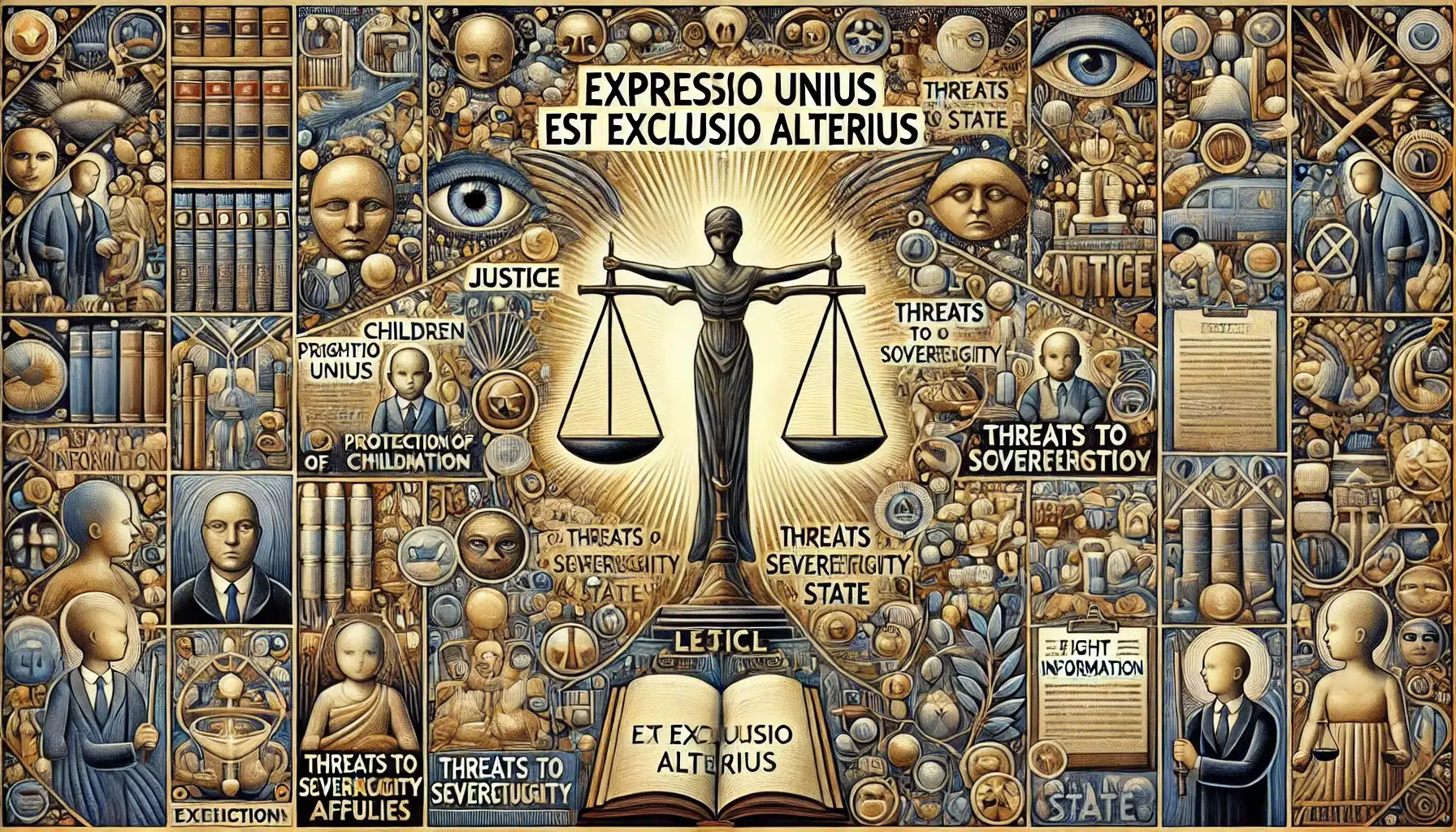
glossary
Legal Maxim: Expressio Unius Est Exclusio Alterius
xpressio Unius Est Exclusio Alterius is a legal maxim meaning “the expression of one thing is the exclusion of another.” It is used in statutory interpretation to infer that if a law explicitly mentions certain items, other items not mentioned are excluded.

glossary
Glossary: Volenti Non Fit Injuria
Volenti non fit injuria is a latin maxim which means “to a willing person, it’s not a wrong”. It implies that if someone willingly puts themselves in a position where harm might occur, they cannot later sue for any resulting damages. This doctrine is often used as a defence in personal injury cases

glossary
Doctrine of Force Majeure
Force majeure is a clause inculcated in contract agreement in order to remove liability for unforeseeable and unavoidable catastrophes interrupting the expected timeline and preventing participants from fulfilling obligations, generally termed as “act of god”

glossary
DOCTRINE OF ATTRACTIVE NUISANCE
Doctrine of Attractive Nuisance is a hazardous condition or object a person creates or permits to exist on their land that is attractive to children

glossary
Legal Maxim: actio personalis moritur cum persona
‘actio personalis moritur cum persona’ literally means a personal right of action dies with the person.

glossary
CORRUPTION
DEFINITION Corruption is dishonest external conduct by those in offices

glossary
INTERIM ORDER
Meaning Interim orders are non-permanent orders and are temporary in

glossary
DISBURSEMENT
Meaning Disbursement means the payment of money from a fund

glossary
Amicus curiae
DEFINITION The term Amicus Curiae refers to one that is

glossary
MARRIAGE
Meaning of the term ‘Marriage‘ Marriage means the legal union
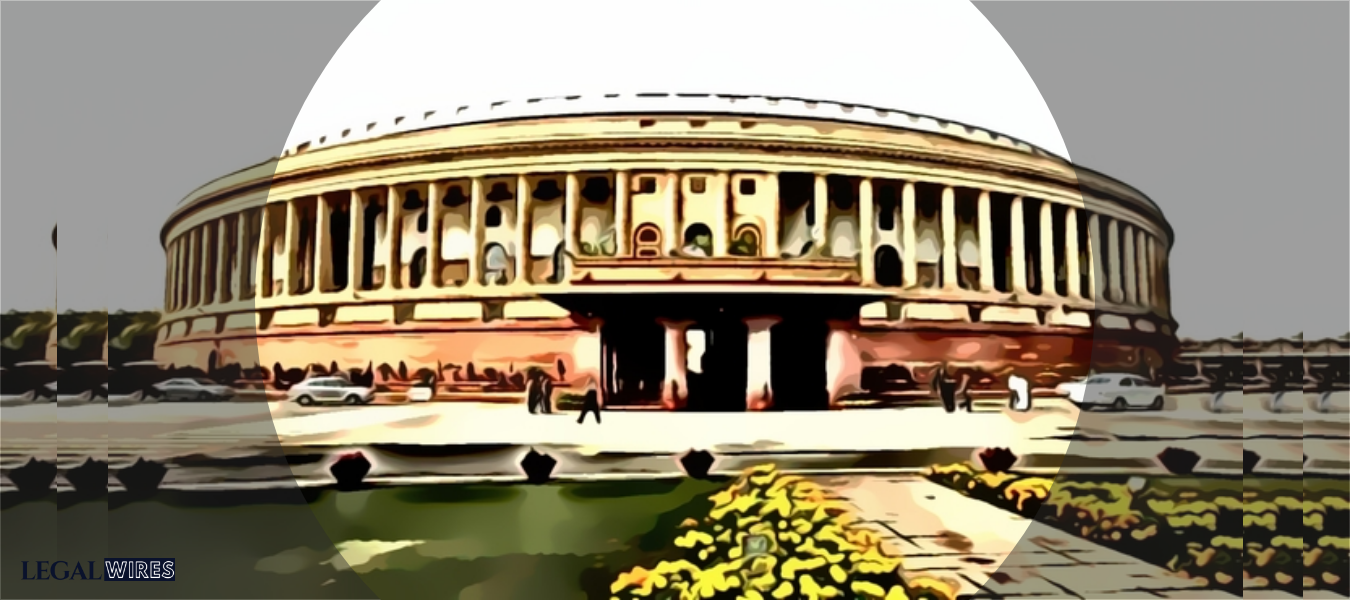
glossary
Question Hour
Question Hour is a period in a session of a parliament during which members may put questions to ministers on matters concerning their departments.
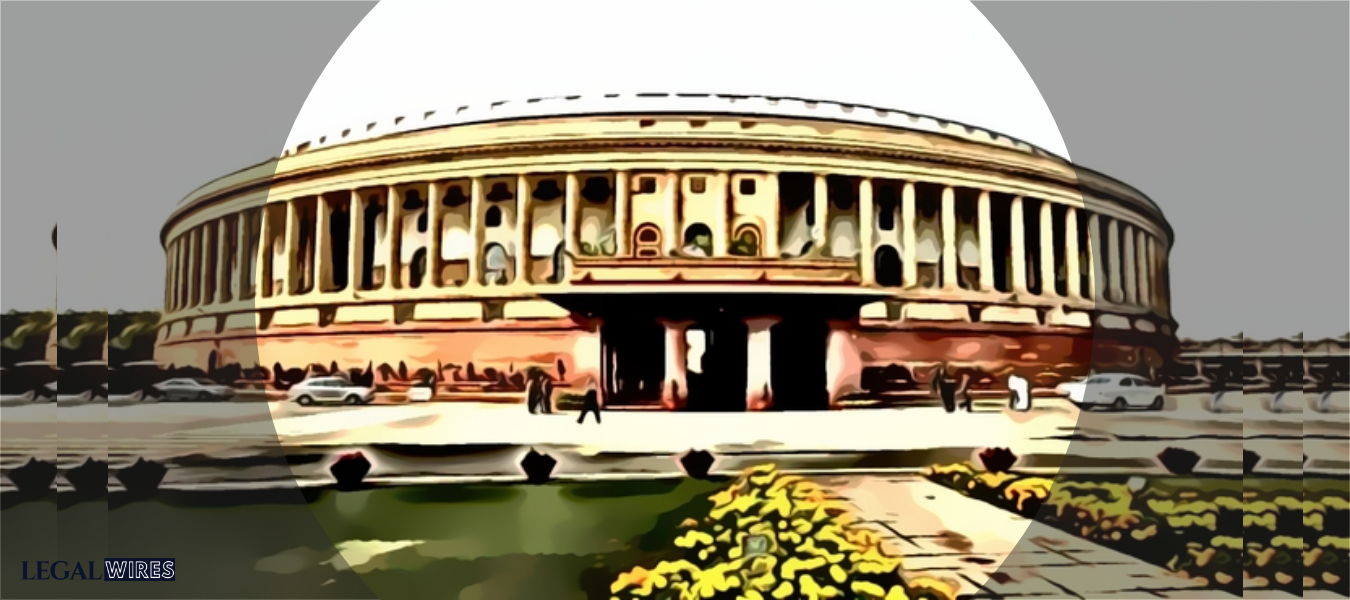
glossary
What is Zero Hour?
Zero Hour is the time when Members of Parliament (MPs) can raise Issues of Urgent Public Importance. For raising matters during the Zero Hour, MPs must give the notice before 10 am to the Speaker/ Chairman on the day of the sitting.

glossary
EDUCATION
“Education is the manifestation for perfection already in man”. According to UNESCO “Education is a human right for all and that access must be matched by quality.”

glossary
Divorce
Divorce is the most unfortunate occasion for any couple. Likewise, couples who commonly agree to the divorce, though, must certify that they have not been living with each other for a year before the courts acknowledge their request.

glossary
TRANSPORTATION
It is important to fully understand the scope and applicability of the Motor Vehicle Act. One should study the law properly to have a successful commercial Transportation business.

glossary
CHILD
A person is referred to as a child from the time of their birth until they are an adult. A son or daughter of any age is a child of their parents. A person’s natural offspring is a child.

glossary
DEATH
Death in its literal sense means that when the body ceases to function and then the person is declared to be dead. There is no brain and heart function.

